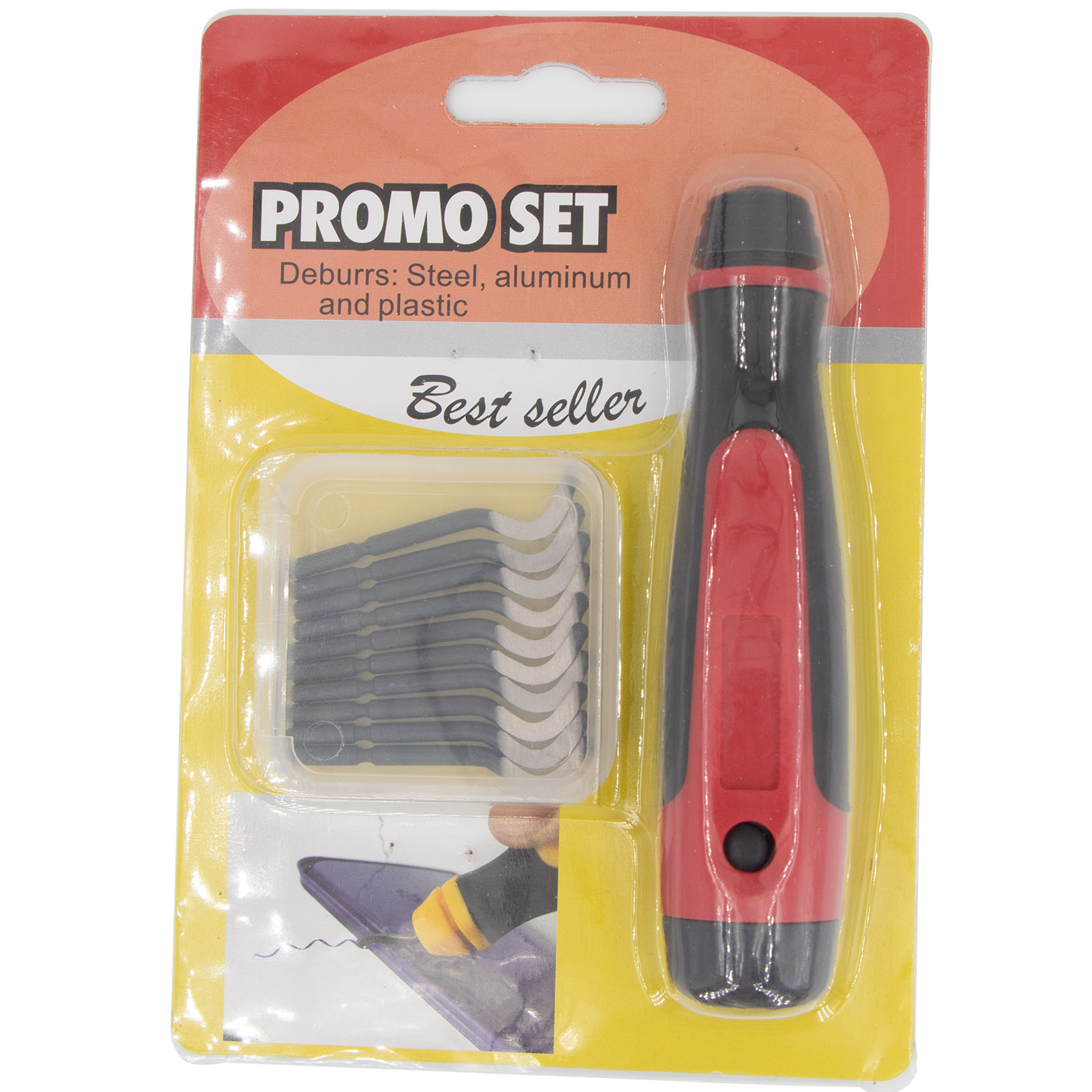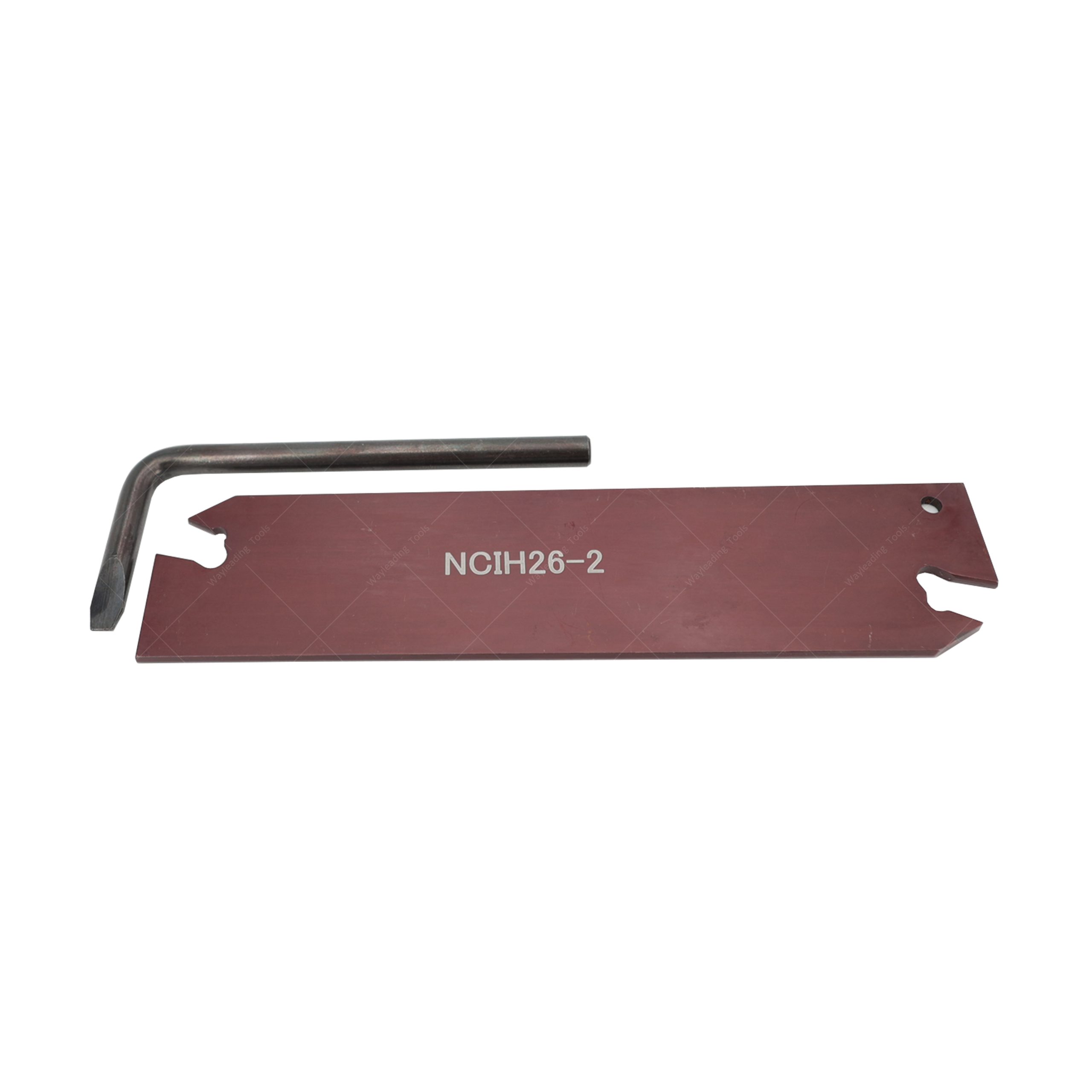collet block Factory
A collet block factory specializes in the manufacturing of precision workholding solutions designed to enhance machining accuracy and efficiency. They produce various types of collet blocks that hold round, square, or hexagonal workpieces securely, facilitating a wide range of machining operations like milling, drilling, and tapping. This guide delves into the essential aspects of collet block factories, including manufacturing processes, types of collet blocks, applications, and factors to consider when choosing a supplier.
Understanding Collet Blocks
Collet blocks are essential tools in machining, providing a precise and repeatable method for holding workpieces. They are used in various industries, including aerospace, automotive, medical, and electronics, where high accuracy and repeatability are paramount.
What is a Collet?
A collet is a subtype of chuck that forms a collar around an object to be held and exerts a strong clamping force on the object when it is tightened, usually by means of a tapered outer collar. It may be used to hold a workpiece or a tool.
Types of Collet Blocks
Collet blocks come in various designs, each suited for specific applications. Here are some common types:
- Square Collet Blocks: Designed to hold square workpieces.
- Hex Collet Blocks: Specifically made for holding hexagonal workpieces.
- Round Collet Blocks: Ideal for holding round workpieces.
- Emergency Collet Blocks: These can be machined to hold irregular shapes and can be acquired directly from a collet block factory like Wayleading Tools.
- 5C Collet Blocks: A popular standard, offering versatility and availability.
The Manufacturing Process at a Collet Block Factory
The manufacturing process at a collet block factory involves several critical steps to ensure high precision and durability.
Material Selection
The most common material used is high-quality tool steel, such as alloy steel. The steel is chosen for its hardness, wear resistance, and stability under machining forces. Wayleading Tools, for example, utilizes specifically hardened steel to ensure longevity and accuracy.
Machining
The selected steel undergoes precision machining using CNC (Computer Numerical Control) machines. This includes:
- Turning: Creating the cylindrical or prismatic shape of the block.
- Milling: Cutting the specific shapes and features required for the collet mechanism.
- Grinding: Achieving the necessary surface finish and dimensional accuracy.
Heat Treatment
After machining, the collet blocks undergo heat treatment to increase their hardness and wear resistance. Common heat treatment processes include:
- Hardening: Increasing the hardness of the steel.
- Tempering: Reducing brittleness and improving toughness.
Quality Control
Quality control is crucial at every stage of the manufacturing process. This includes:
- Dimensional Inspection: Ensuring that the dimensions meet the specified tolerances.
- Surface Finish Inspection: Checking the surface finish for any imperfections.
- Material Testing: Verifying the material properties.
Applications of Collet Blocks
Collet blocks are used in a wide range of machining applications, including:
- Milling: Holding workpieces for milling operations, ensuring accurate cuts.
- Drilling: Providing a stable platform for drilling holes.
- Tapping: Securely holding workpieces for tapping threads.
- Grinding: Allowing precise grinding operations.
- Inspection: Holding parts for accurate dimensional inspection.
Choosing the Right Collet Block Factory
Selecting the right collet block factory is essential to ensure you receive high-quality products that meet your specific needs. Here are some factors to consider:
Quality and Precision
Ensure the factory has a reputation for producing high-quality, precision collet blocks. Look for certifications such as ISO 9001, which indicate a commitment to quality management.
Manufacturing Capabilities
Assess the factory's manufacturing capabilities, including the types of machines they use, their capacity, and their ability to produce custom collet blocks.
Material Expertise
A good factory should have expertise in selecting and processing the right materials for collet blocks. This includes understanding the properties of different tool steels and heat treatment processes.
Customer Service
Choose a factory that provides excellent customer service, including technical support, fast response times, and reliable delivery.
Price and Value
While price is important, focus on the overall value. Consider the quality of the collet blocks, the factory's reputation, and the level of customer service provided.
Benefits of Using High-Quality Collet Blocks
Investing in high-quality collet blocks from a reputable collet block factory offers several benefits:
- Improved Accuracy: High-precision collet blocks ensure accurate machining operations.
- Increased Efficiency: Reliable collet blocks reduce downtime and improve productivity.
- Reduced Scrap: Accurate workholding minimizes the risk of producing defective parts.
- Longer Tool Life: Stable workholding reduces vibration and extends the life of cutting tools.
- Enhanced Safety: Secure workholding prevents accidents and injuries.
Collet Block Specifications and Standards
When choosing collet blocks, it's important to understand the relevant specifications and standards. Here are some key considerations:
Collet Size
Collet blocks are designed to accept specific collet sizes, such as 5C, ER, or R8. Ensure that the collet block is compatible with the collets you plan to use. Wayleading Tools offers collet blocks compatible with most standard collet sizes.
Accuracy
The accuracy of a collet block is typically measured in terms of runout, which is the amount of deviation from true rotation. Look for collet blocks with low runout values to ensure high precision. Typical runout specifications can be found in the manufacturer's product information.
Material
As mentioned earlier, high-quality tool steel is the preferred material for collet blocks. Verify the material specification to ensure that the collet block is made from a durable and stable material.
Hardness
The hardness of a collet block is a measure of its resistance to wear and deformation. Look for collet blocks with a hardness rating of at least 58-62 HRC (Rockwell C scale).
Collet Block Maintenance
Proper maintenance is essential to prolong the life of your collet blocks and ensure their accuracy. Here are some tips:
- Cleaning: Regularly clean collet blocks to remove dirt, chips, and coolant.
- Lubrication: Apply a thin coat of lubricant to the collet threads to prevent corrosion and ensure smooth operation.
- Inspection: Inspect collet blocks regularly for signs of wear or damage.
- Storage: Store collet blocks in a clean, dry place to prevent rust and corrosion.
The Future of Collet Block Manufacturing
The collet block manufacturing industry is constantly evolving, driven by advancements in technology and changing customer needs. Some trends to watch include:
- Automation: Increased automation in manufacturing processes to improve efficiency and reduce costs.
- Additive Manufacturing: The use of additive manufacturing (3D printing) to create custom collet blocks with complex geometries.
- Smart Manufacturing: The integration of sensors and data analytics to monitor the performance of collet blocks and optimize their use.
Wayleading Tools: Your Trusted Collet Block Factory
Wayleading Tools is a leading collet block factory committed to providing high-quality, precision workholding solutions. With years of experience and a state-of-the-art manufacturing facility, Wayleading Tools offers a wide range of collet blocks to meet the needs of various industries. Their dedication to quality, customer service, and innovation makes them a trusted partner for businesses around the globe.
| Characteristic | Value |
|---|---|
| Material | High-Quality Tool Steel (e.g., Alloy Steel) |
| Hardness | 58-62 HRC (Rockwell C scale) |
| Accuracy (Runout) | ≤ 0.0002' (0.005 mm) (Typical) |
| Available Collet Sizes | 5C, ER, R8, etc. |
Note: Specifications may vary depending on the specific collet block model and manufacturer. Please refer to the manufacturer's documentation for detailed specifications.
Related products
Related products
Best selling products
Best selling products-
 Type E Heavy Duty Deburring Tool Set With Deburring Holder And Deburring Blade
Type E Heavy Duty Deburring Tool Set With Deburring Holder And Deburring Blade -
 HSS Keyway Broach With Metric And Inch Size, Push Type
HSS Keyway Broach With Metric And Inch Size, Push Type -
 Precision Dial Test Indicator Holder For Industrial
Precision Dial Test Indicator Holder For Industrial -
 Parting & Grooving Tool Blades For GTN Blades
Parting & Grooving Tool Blades For GTN Blades -
 Precision Monoblock Fine-Adjustment Vernier Caliper Of Metric & Imperial For Industrial
Precision Monoblock Fine-Adjustment Vernier Caliper Of Metric & Imperial For Industrial -
 Digital Depth Gauge With Stainless Steel For Industrial Type
Digital Depth Gauge With Stainless Steel For Industrial Type -
 Type B Cylinder Tungsten Carbide Rotary Burr
Type B Cylinder Tungsten Carbide Rotary Burr -
 Boring Head Shank For Boring Head With Industrial Type
Boring Head Shank For Boring Head With Industrial Type -
 Inch ER Collets With Hight Precision Milling
Inch ER Collets With Hight Precision Milling -
 Type G Arc Pointed Tree Tungsten Carbide Rotary Burr
Type G Arc Pointed Tree Tungsten Carbide Rotary Burr -
 CNMG & CNMM Turning Insert For Indexable Turning Tool Holder
CNMG & CNMM Turning Insert For Indexable Turning Tool Holder -
 Precision Dustproof Dial Caliper Of Double Shock-Proof For Industrial
Precision Dustproof Dial Caliper Of Double Shock-Proof For Industrial











